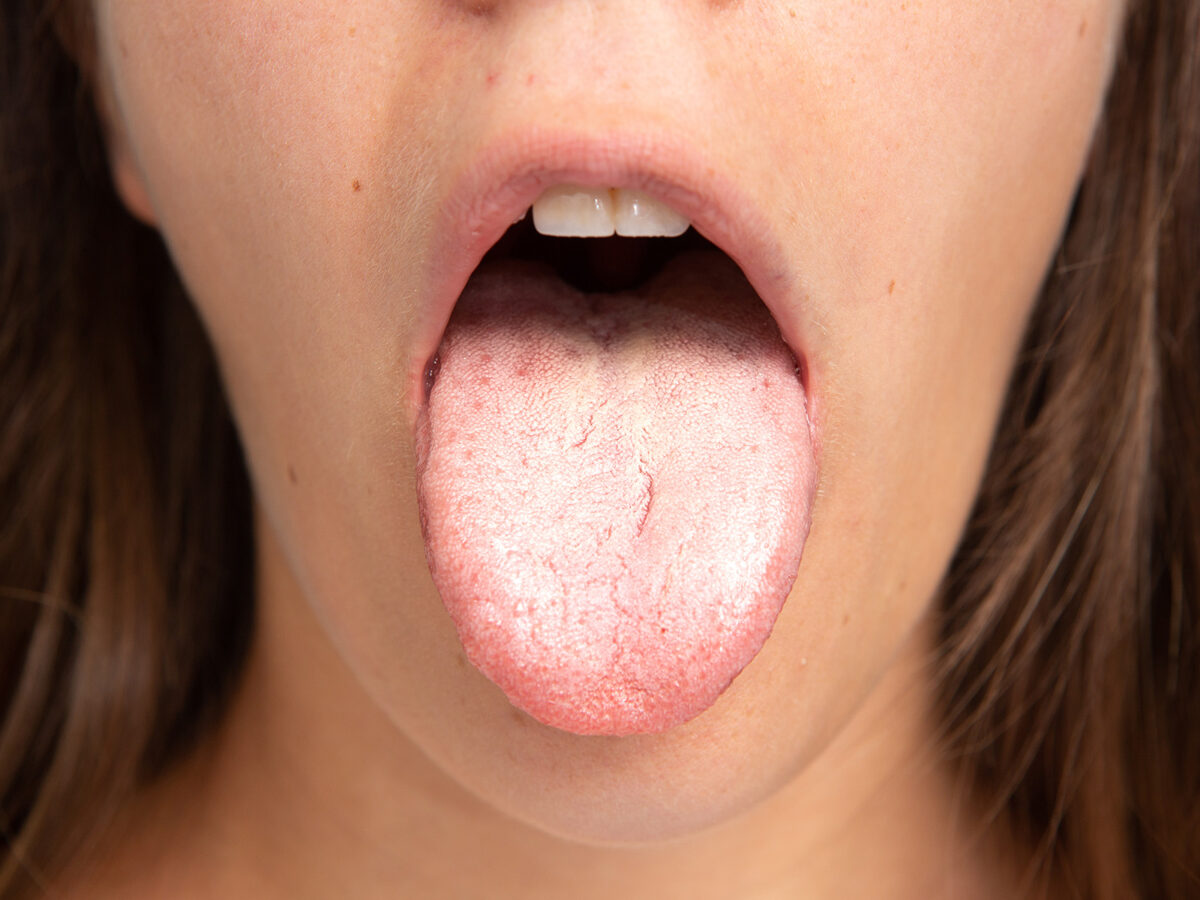River Walk Dental Orthodontics
Blog
Dental hygiene tips for healthy teeth & gums

What Is Xerostomia?
Xerostomia or dry mouth occurs when the salivary glands in your mouth are not making adequate saliva to keep your mouth wet. In most cases, dry mouth results from certain medications or radiation therapy for cancer. It could also be due to aging issues. In some rare cases, xerostomia could result due to conditions that directly impact our salivary glands.
A few other diseases that can cause dry mouth are diabetes mellitus, Sjögren syndrome, sarcoidosis, HIV (Human Immunodeficiency Virus) infection, amyloidosis, etc. Certain lifestyles or habits like mouth breathing, dehydration, and smoking can also cause xerostomia. Other names for xerostomia are cottonmouth, pasties, dough mouth, and des.
When you have xerostomia, you feel dehydrated or dry in your mouth. This condition can also cause bad breath, cracked lips, and dry throat. Though not a severe medical condition by itself, dry mouth could denote underlying conditions that need medical attention and treatment.
This article will tell you about xerostomia, its causes, and treatment options.
Role of Saliva In Our Dental Hygiene
Saliva plays a vital role in our oral hygiene and protects our teeth. It is also a crucial part of our digestive system.
- Saliva neutralizes the acids that bacteria in our mouths produce and prevents tooth decay.
- Saliva limits bacterial growth by washing away food particles from our mouths.
- Saliva helps chewing and swallowing and enhances our ability to taste foods.
- Enzymes present in saliva aid in digestion by breaking down food.
Symptoms of Dry Mouth
If there is less saliva production in your mouth, you might notice the below signs and symptoms most of the time:
- The mouth would feel dry and sticky.
- Bad breath.
- Saliva might feel stringy and thick.
- The throat would feel dry and hoarse.
- You might experience difficulty in speaking, chewing, and swallowing.
- Your sense of taste might change (also called dysgeusia).
- The tongue would appear grooved and dry. You could also develop tongue ulcers.
- You would have more frequent tooth decay and gum diseases.
- You might develop oral thrush (fungal infection in the mouth).
- You will have problems wearing dentures or get denture sores if you wear them. Your tongue might stick to the roof of your mouth when you wear dentures and have a dry mouth.
- You might experience pain in the tongue or glossodynia.
- You could find a split or crack in the inner lining of lips and cheek or oral mucosa. This could cause the corners of the mouth to become sore or split.
- Your thirst could increase, especially at night.
- You might get an infection in the salivary gland called sialadenitis.
Primary Causes Of Xerostomia
A decrease in saliva production could range from being a minor nuisance to a condition that impacts your overall health, appetite, teeth, gum health, and enjoyment of eating. There could be many factors playing a role in dry mouth; some of the possible ones are described below:
- Medications – Many types of medication can give rise to dry mouth. Some of the common medicines that can cause this condition are:
- Medicines that treat anxiety and depression.
- Antihistamines.
- Medications for high blood pressure.
- Muscle relaxers.
- Drugs that treat urine incontinence.
- Some medicines for treating Parkinson’s disease.
- Asthma medications.
- Diuretics.
- Chemotherapy medications.
- Dehydration – If your body is losing more fluid and there is less replenishment, it leads to dehydration. Dehydration could happen due to several reasons, such as vomiting, blood loss, excessive sweating, diarrhea, etc. Due to dehydration, your body produces less saliva in the mouth leading to dryness.
- Aging – Though aging is not always a reason for xerostomia, it is common for older people to develop this condition. One of the reasons is that older people take more medications and have more health issues. Also, how an older person processes medications differs from a younger body.
- Cancer treatment – If anyone is undergoing radiation therapy on their neck or head, it can damage their salivary glands, which could result in less saliva production. Chemotherapy also changes the nature or quality of saliva being produced.
- Snoring and mouth breathing – When you breathe through your mouth, saliva evaporates. Snoring through your mouth has the same impact on saliva, causing dry mouth or worsening existing dryness.
- Smoking and tobacco consumption – Smoking weed or tobacco can have an adverse effect on saliva production. If you use methamphetamines, you are at risk of developing cottonmouth.
Remedies For Dry Mouth
To prevent xerostomia, it is vital to keep yourself hydrated and make some lifestyle changes. With the following home care tips, you can prevent your mouth from getting dry:
- Sipping fluids (sugar-free and noncarbonated) all through the day.
- Sucking on ice cubes.
- Avoiding the usage of tobacco and other recreational drugs.
- Chewing sugar-free gums (containing xylitol) or hard candy.
- Substituting mouthwash with carboxymethylcellulose saliva.
- At night you can use humidifiers at home to add moisture to the bedroom, which will help in reducing dry mouth during sleep.
- Using mouthguards or any other remedy suggested by your dentist to stop mouth breathing and snoring.
- Limiting intake of caffeine, alcohol, sugar, and salt.
Conclusion
Dry mouth is not a matter of great concern and can be handled by some home remedies, as discussed in this article. But if the dry mouth persists, it could be a sign of an underlying body condition, and you must see your doctor to investigate further.
